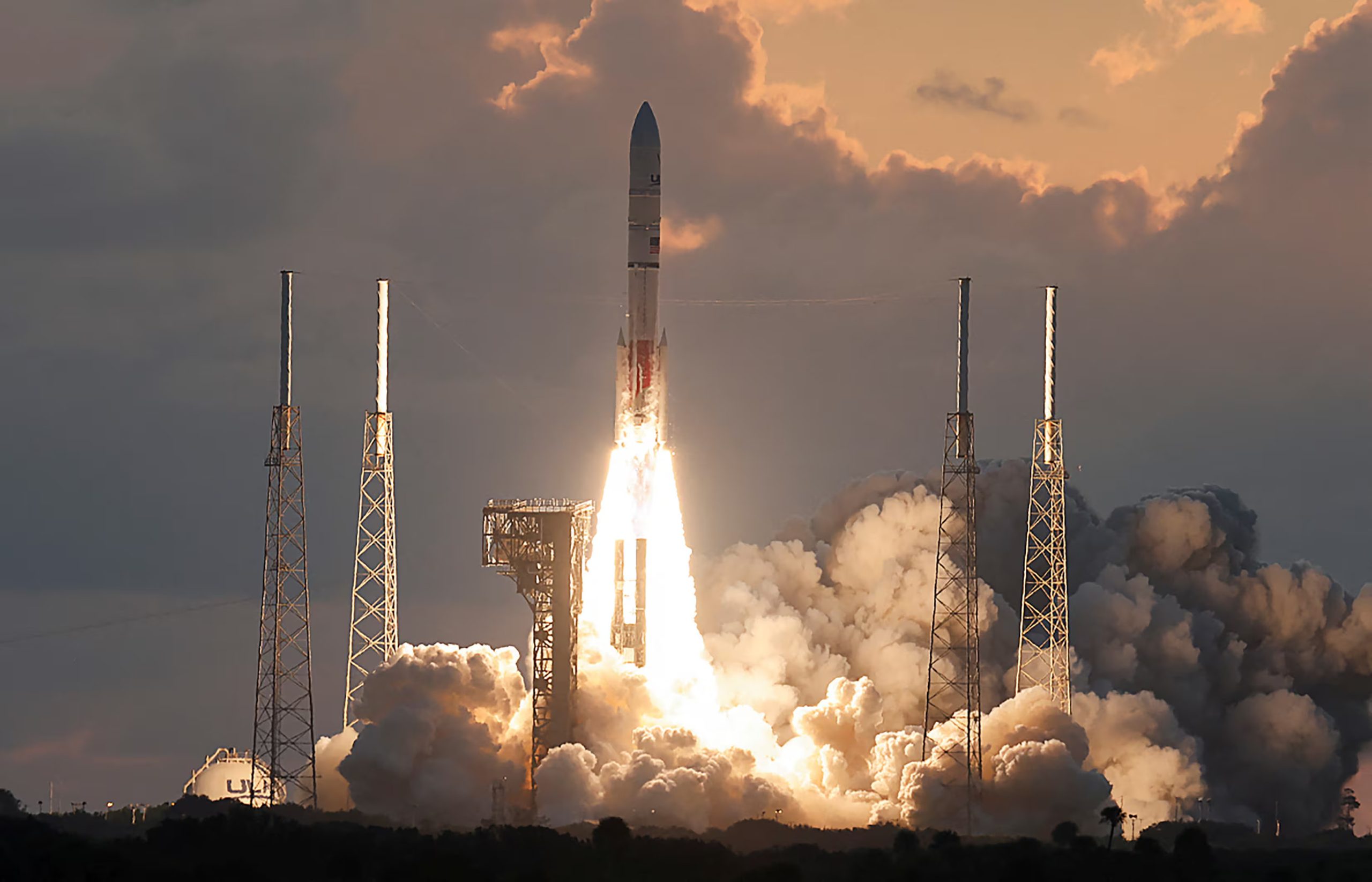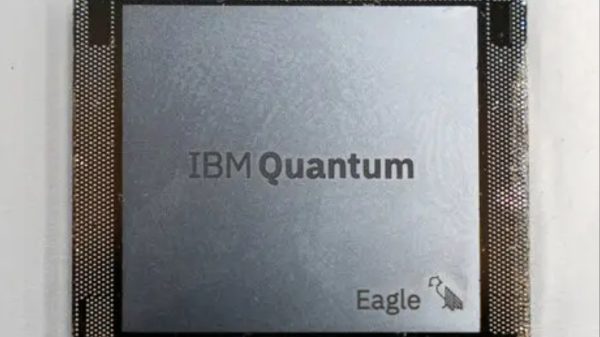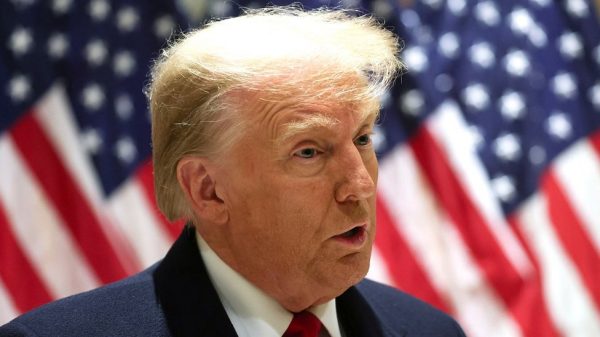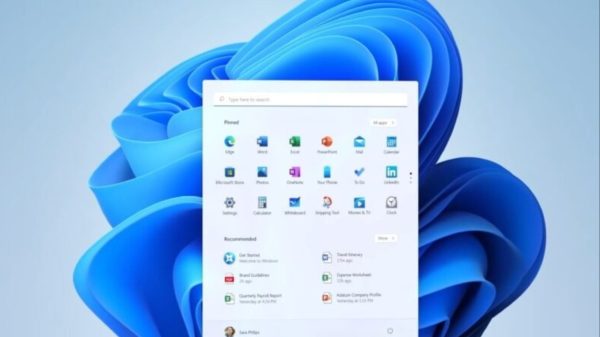The U.S. Commerce Department has announced a significant easing of export restrictions on space-related technology, a long-awaited change that comes in response to industry demands for reform. This marks the most substantial update to space export regulations in ten years, providing U.S. companies with new opportunities to sell satellite hardware and services to international markets.
A senior official from the Commerce Department highlighted the importance of these reforms for national security and foreign policy, emphasizing their potential to facilitate secure trade with allied nations.
Among the notable changes, the regulations will now permit U.S. companies to export products related to electro-optical and radar remote sensing, as well as components involved in space-based logistics and servicing, specifically to key allies such as Australia, Canada, and the United Kingdom. The easing of restrictions on these less sensitive technologies aims to boost innovation while maintaining the security of critical technologies necessary for national defense.
Additionally, the updated regulations will eliminate licensing requirements for the export of certain spacecraft components to more than 40 allied nations, including members of NATO and the European Union, as well as countries like Japan, India, and South Korea. This removal of licensing hurdles is designed to promote international collaboration, especially in NASA’s cooperative programs, thereby enhancing the global competitiveness of U.S. space companies.

U.S. Eases Space Export Restrictions to Boost International Collaboration and Innovation
One of the proposed regulatory changes, currently pending a public comment period, seeks to transfer specific space-related items—such as spacecraft capable of docking and autonomous navigation—from the State Department’s U.S. Munitions List to the more flexible Commerce Control List. This shift aims to streamline the export process for many technologies while ensuring that vital military and intelligence assets remain under stringent control.
Industry representatives, including the Aerospace Industries Association (AIA), have praised these regulatory reforms, viewing them as a means to reinforce U.S. leadership in space technology. AIA President and CEO Eric Fanning stated that these updated rules reflect a tailored approach to expanding trade with allies while safeguarding national security interests.
The reforms come after a lengthy review process that began five years ago, underscoring the government’s commitment to fostering a robust space industrial base and strengthening international partnerships.









































